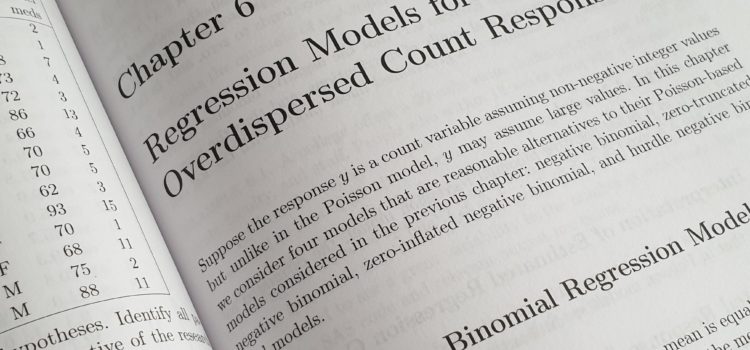Have you ever read a book you wish you hadn’t? How can choosing the right reading material help you get more out of what you read? What’s the difference between efferent reading and aesthetic reading? In 10 Days to Faster Reading, Abby Marks Beale and the Princeton Language Institute share several speed-reading strategies. It might seem surprising, but one strategy is to be selective when choosing your reading material. Continue reading to learn how to choose a book to read and why selecting well can help you read faster and understand more.
How to Choose a Book to Read: Start With a Clear “Why”










